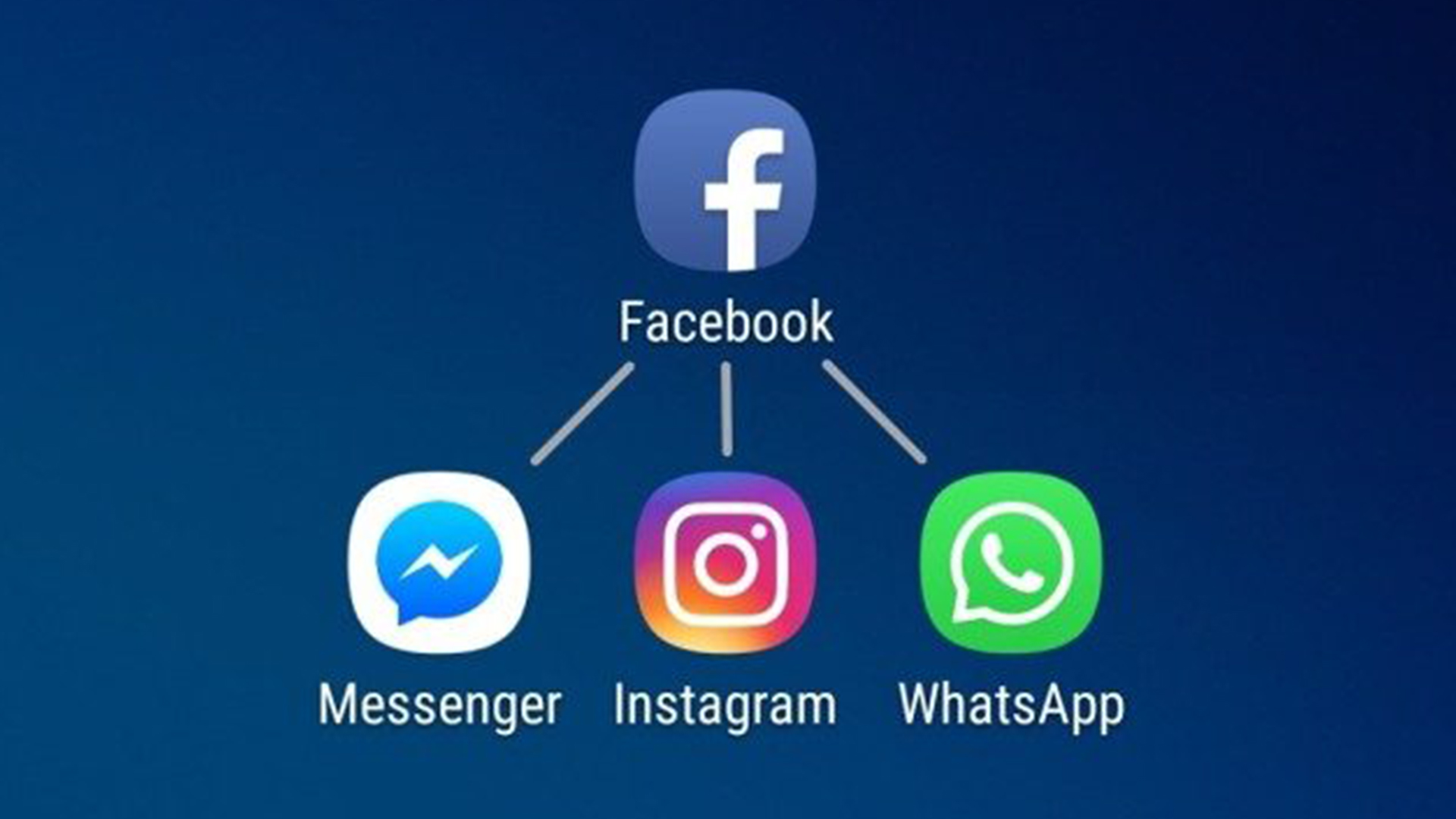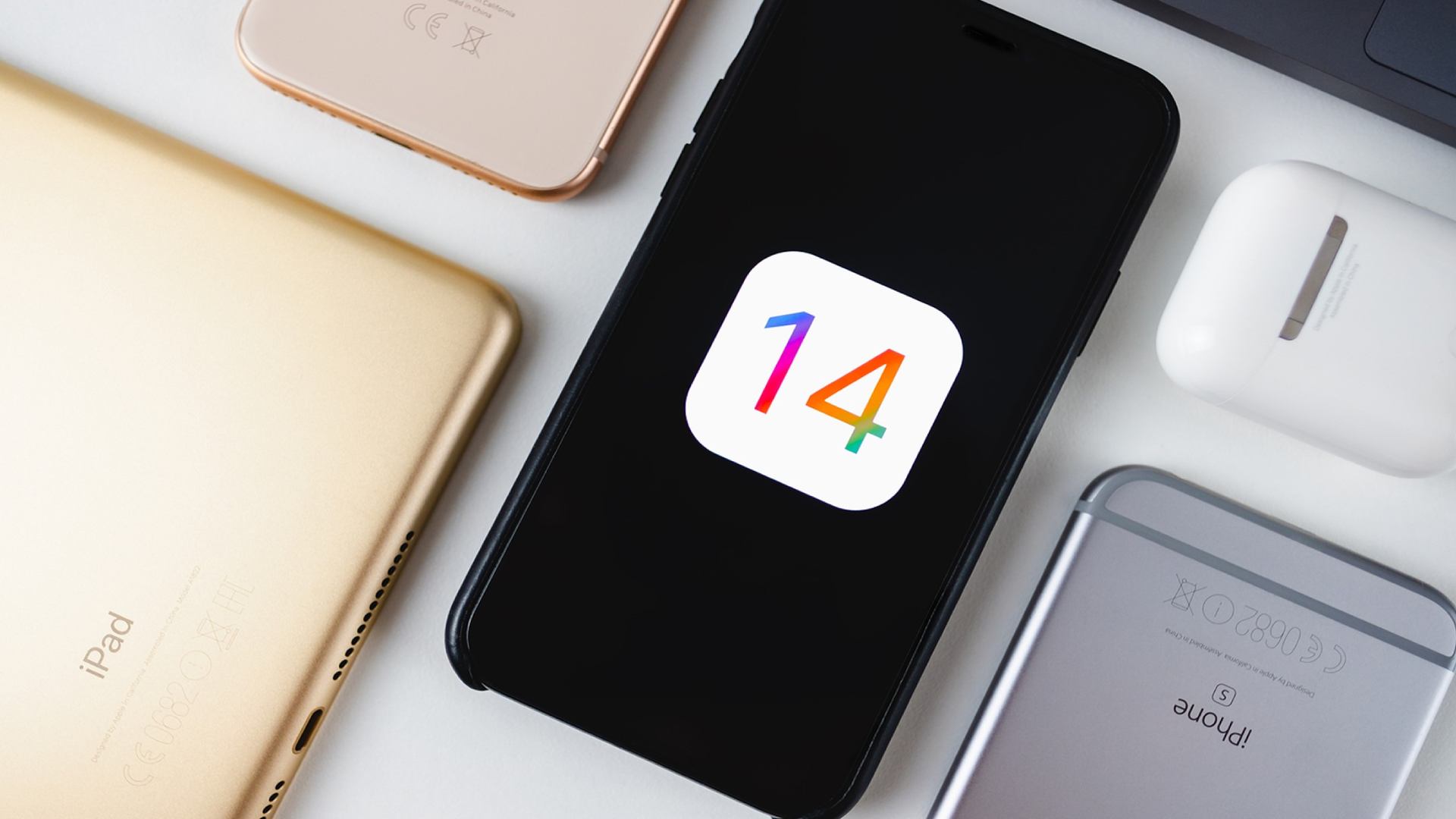Backlinko recently conducted a voice search analysis that aimed to answer one of the biggest questions in SEO today: How do people optimise for voice search?
Voice search optimisation isn’t necessarily new in the industry. However, as the technology continues to grow and expand its applications, there’s always more we can learn to improve industry best practices.
To help those in the digital marketing industry answer this voice SEO optimisation question, Backlinko analysed 10,000 Google Home search results and came back with some pretty interesting findings.
We’ve listed the top discoveries from the Backlinko research that stood out the most:
Page speed is essential.
Google has been advocating faster loading speeds for all websites, and mobile sites in particular. Page speed is an integral part of mobile optimisation. The Accelerated Mobile Pages (AMP) Project and even the “Speed Update” launching in July this year are all geared towards faster mobile search experiences.
Voice search takes this into consideration as well, but at a more dramatic rate. Backlinko’s data found that for voice results, the average Time to First Byte (TTFB) of a voice search result was only .54 seconds, and the average time to load a page completely was only 4.6 seconds. The latter statistic is staggering compared to the worldwide average of 8.8 seconds.
Google’s preference for pages that load faster makes sense – you don’t want to wait around for your device to answer your question. Searchers want answers that are instantaneous, almost mimicking a real conversation with another person.
Secure your website.
Google likes to keep its users and their data safe from external parties, and is adamant about providing a safer world wide web with the coming July 2018 Chrome 68 update.
Security appears to be even more important for voice search results – 70.4% of voice search result URLs have adopted HTTPS. This is a significant difference to ordinary desktop results that only have 50% of URLs that are secure.
Social engagement is correlated.
Social media engagement has always been thought to have some sort of effect on a page’s SEO, although it is never direct. Backlinko’s research has confirmed the correlation: the average Facebook share count for a voice search result is 1,199.
This means that high-value and highly shareable content pieces perform better than their not-so-popular counterparts.
Make content easy to read.
Content marketing is an integral part of search engine optimisation. However, you can’t just write anything and expect to rank highly on the SERPs, let alone on voice search.
It’s no secret that easy-to-read content is more likely to perform well in search (and in general) because you can reach a wider audience base without sacrificing content quality.
Backlinko has confirmed this for voice search: the average Google voice search result sits at a 9th-grade reading level. This means kids around the age of 14 should be able to comfortably read and understand your content to rank better in voice search.
Create long-form content.
Google loves content that gives value to the reader. Pages with higher word counts presumably provide a lot of value, and answer more than one question about a certain topic. Our Small Business SEO page is one example of a long-form, high-value content page, whose length has helped it rank on page 1 for “Small Business SEO”.
In their research, Backlinko discovered that the average word count for a Google voice search results page is 2,312 words. This doesn’t necessarily mean that longer content is better, because voice search results are normally very short (the average is only 29 words).
What they did conclude is that the more words or content you have, the higher your chance is to match a searcher’s query or search intent. More content can then allow your page to rank for more voice searches.
This blog post only contains a summary of Backlinko’s research analysis. Don’t forget to check out their original post for more interesting voice search SEO findings.
For more SEO insights, download our SEO basics ebook below!


















